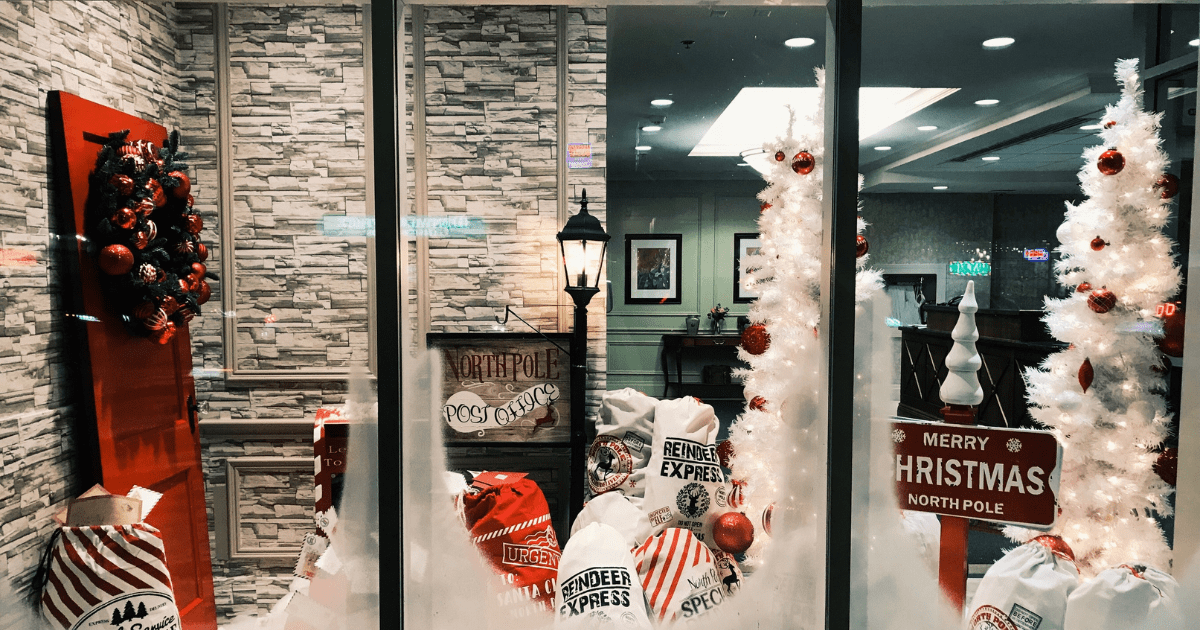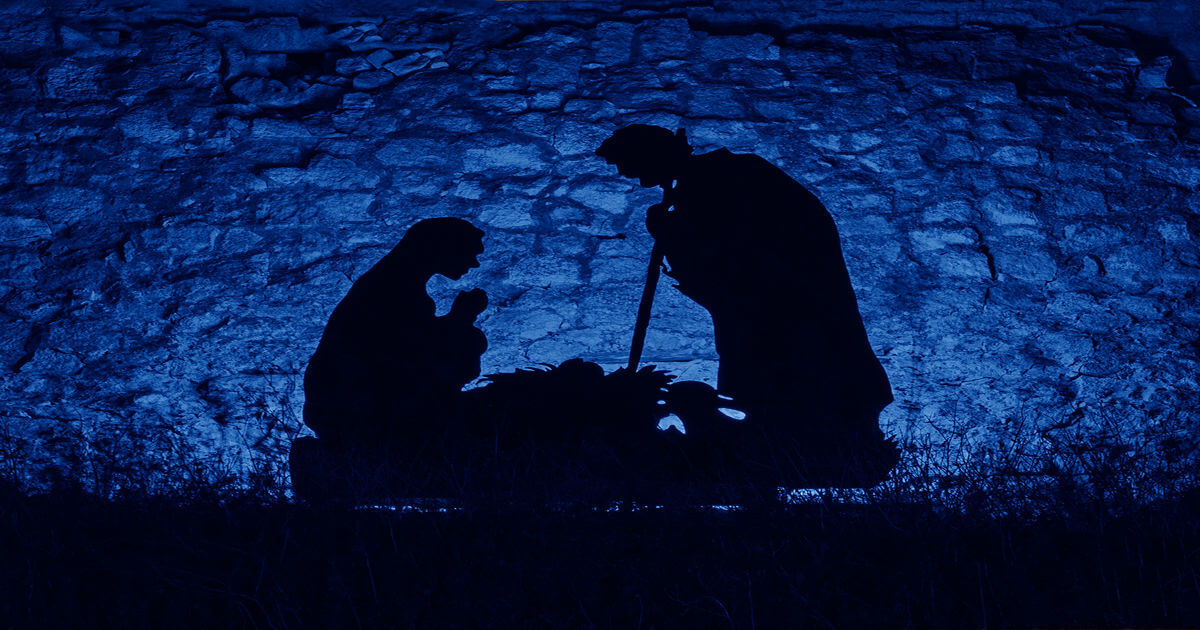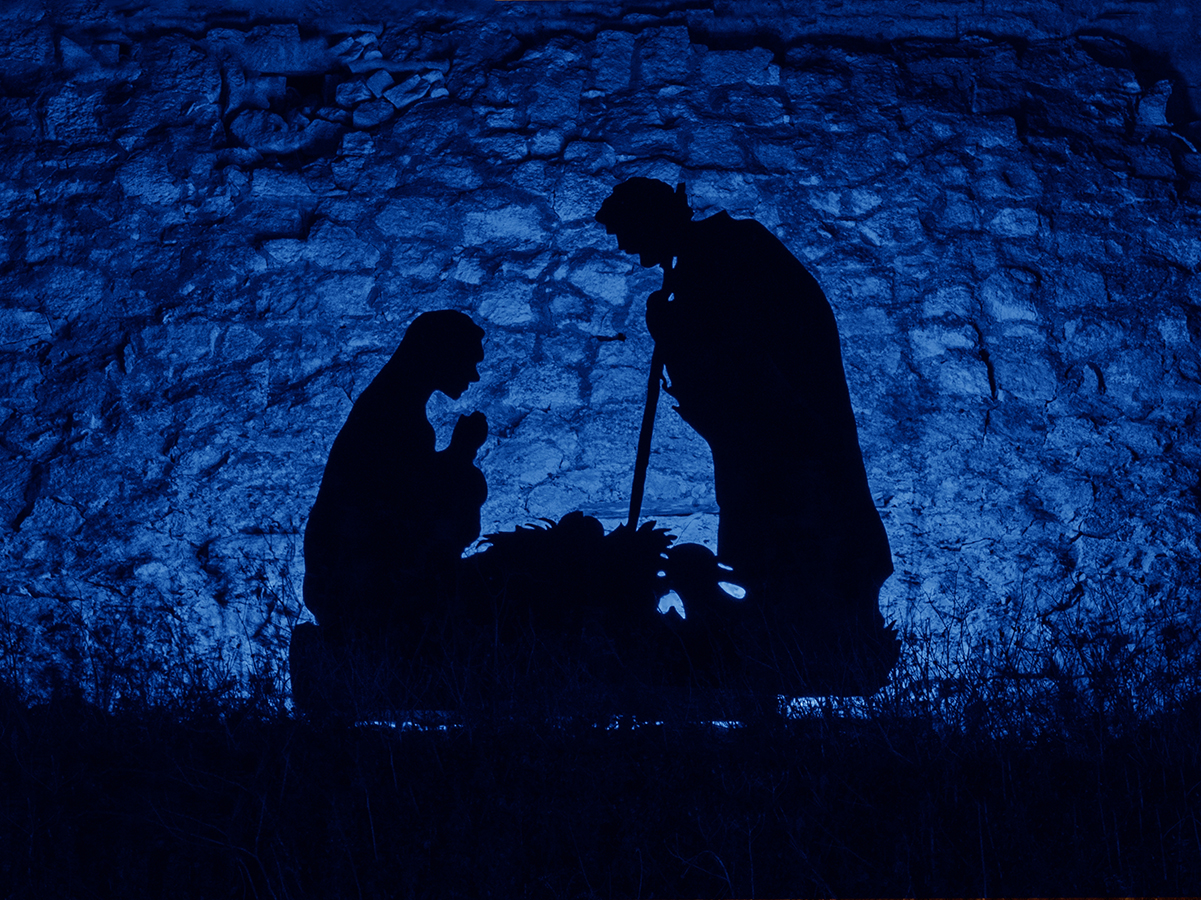By Arron Hebbard
For unto us a child is born, unto us a son is given: and the government shall be upon his shoulder: and his name shall be called Wonderful, Counsellor, The Mighty God, The Everlasting Father, The Prince of Peace. Of the increase of his government and peace there shall be no end, upon the throne of David, and upon his kingdom, to order it, and to establish it with judgment and with justice from henceforth even forever. The zeal of the Lord of hosts will perform this.”
Isaiah 9:6-7.
It is that time of year, a blessed time of year, when we celebrate the coming of the Lord Jesus Christ. The Christmas season, of course, celebrates His birth, while the Advent season, which precedes Christmas, looks forward to His second coming. He is born, a Son given to us, who will rule and reign in peace and health.
Over what, however, does He rule? Our answers may not always match our actions when we answer this question theologically or philosophically. Coincidentally, the idiom, “Actions speak louder than words,” may reveal more of what we actually believe as an answer to this question.
The Meaning of Christmas and How Homeschoolers Celebrate It Year Round
Christian homeschool families reveal something of this by their choice to homeschool. Keep in mind, of course, that this is not to say others do not. But Christian homeschool families reveal, by their choice to homeschool, their acknowledgment that Christ’s government extends to history, science, math, literature, language, theology, philosophy, and logic.
We choose to educate the way we do, with the content and methodology we use, precisely because we want to understand each of these subjects in light of Christ’s Lordship of them. We can read pagan authors, mathematicians, and scientists precisely because we recognize that Christ is Lord—King—of the subjects they write about. Whatever their opinions, Christ is King, and studying them under His rule helps us, as my pastor would say, “Chew up the hay and spit out the sticks.” We are learning to judge, as our King does, the truth in their words and the falsehood.
Christian homeschool families also recognize that Christ’s rule as King is not a temporary one. He is not the Lord of math today and not tomorrow. He is established on His throne from that time (the time of His birth, Isaiah 9:6) forward and unto ages of ages.
We, therefore, communicate to our children the multigenerational aspect of His Lordship by our choice to homeschool. Mom and Dad lead the learning and pass that on to their children. Their children become learners who will lead others in learning. The task of education and of to know God and to make Him known is not one that begins and ends with me as a homeschool parent but is one that is modeled and passed down to my children and their children and their children’s children. The task of education and of to know God and to make Him known is to bend the knee and confess that Jesus is King from this time forward and unto ages of ages.
As a parent and as a Christian, I love having the opportunity to celebrate the birth of my Lord during this season, as well as the giving of gifts that accompany it. I love the connection between Christmas and what Jesus teaches us in Matthew 25:35-40, “For I was hungry, and you gave Me something to eat; I was thirsty, and you gave Me something to drink; I was a stranger, and you invited Me in.” When asked when they saw Him thirsty and gave Him a drink or hungry and gave Him food, He answered, when they gave these things to the least of them, they gave them to Him. Just as the wise men gave Him gifts, I too am giving Him gifts when I give to those around me.
I love, even more perhaps, having the opportunity to celebrate the Kingship of Jesus year round as my wife and I homeschool our children. As we teach them under the authority of Jesus, the King, and as we teach them, by our own modeling, that this authority is an everlasting authority unto ages of ages.
I love, too, that there are so many others—all of you—out there on this journey with us. We are not alone in this endeavor, and it is comforting and encouraging to know there are others striving to serve the Lord and raise up a generation of children who will do the same. It is especially comforting to know that we are all praying for one another, as well. I offer my prayers on behalf of you and your families this Christmas season! Merry Christmas, and may God bless you all!
Enjoy other Christmas blogs here.
This article was originally written by Aaron Hebbard in 2013 and last published by Classical Conversations® in 2022.







